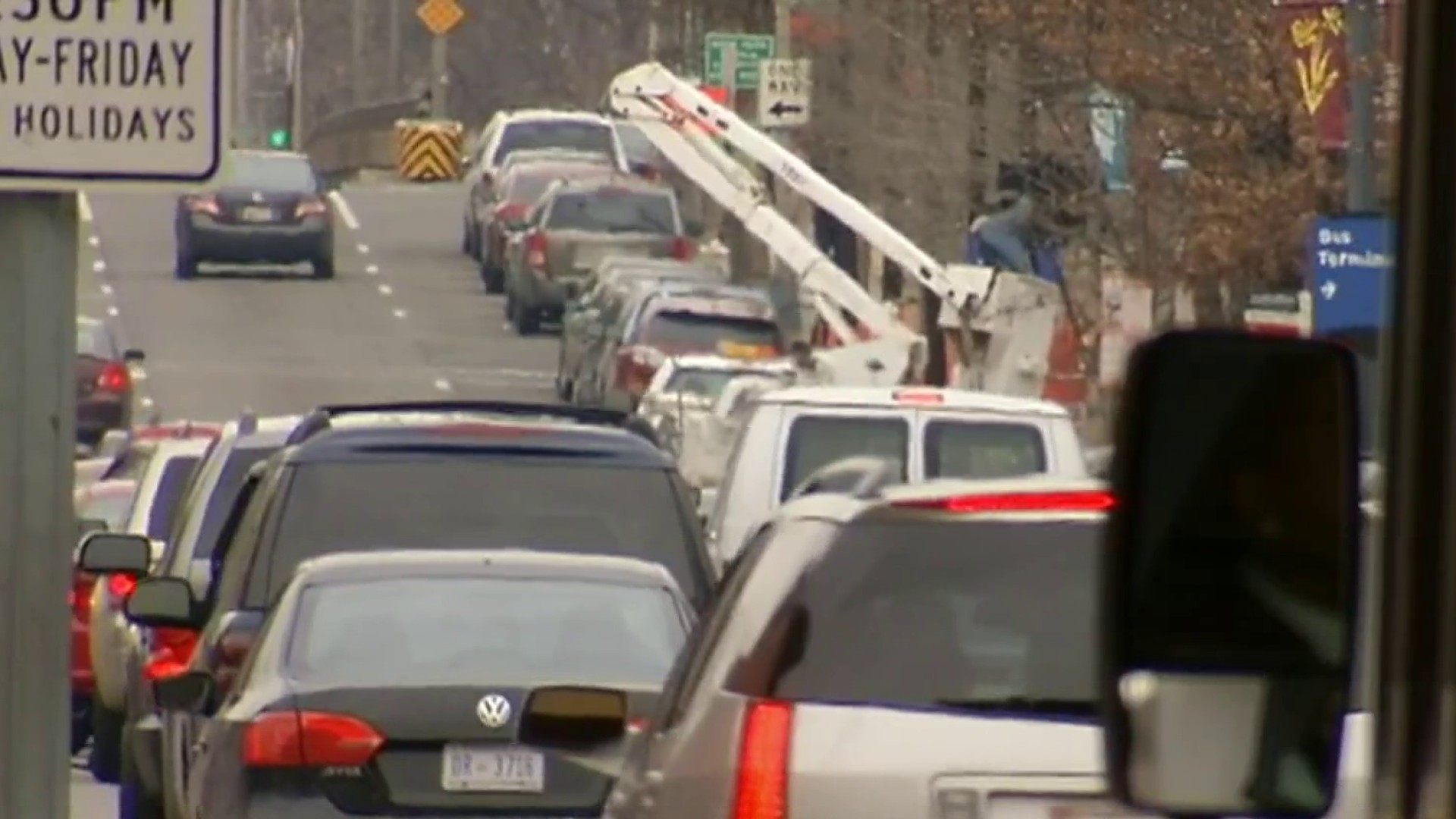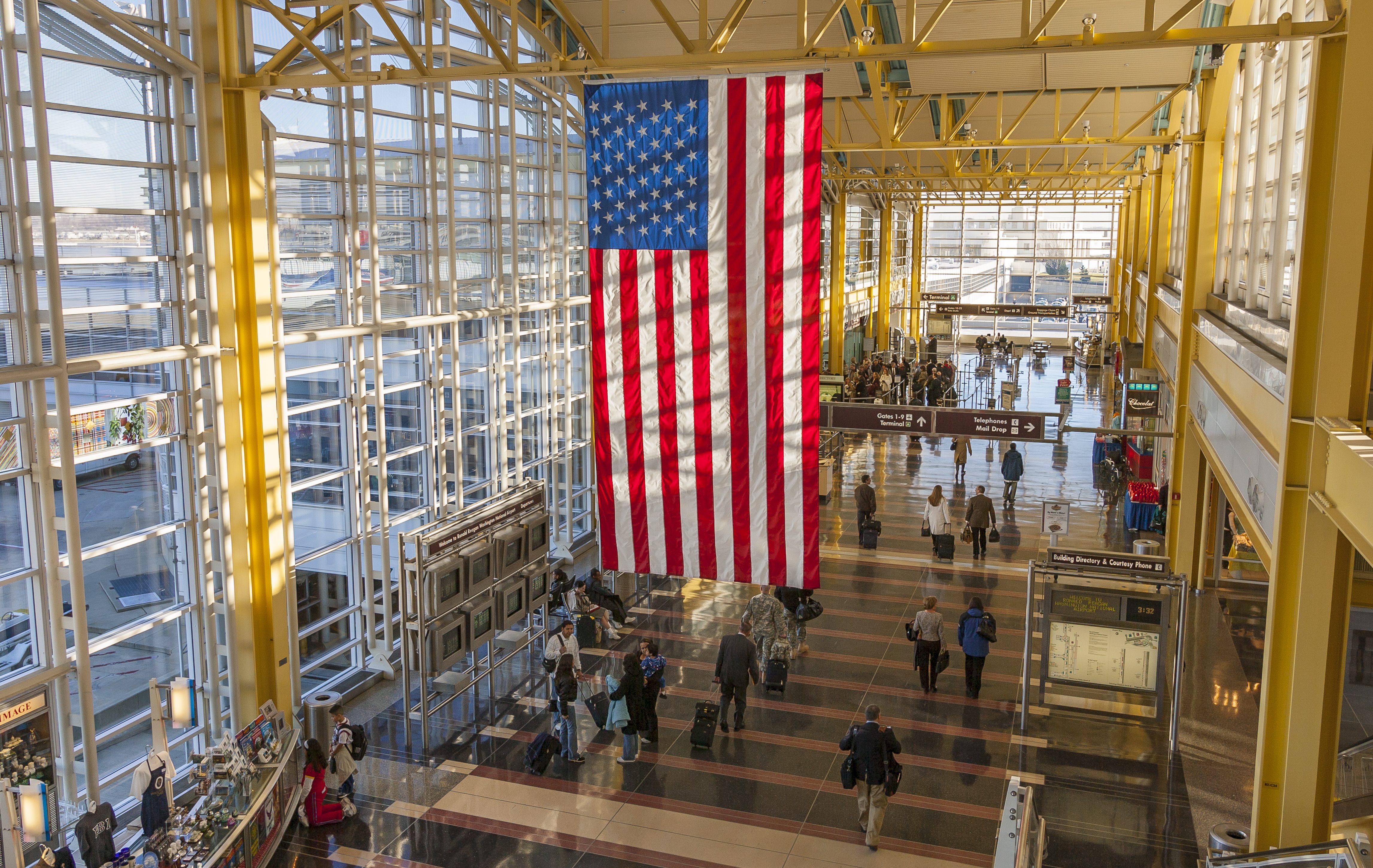RICHMOND, Va. -- A federal appeals court affirmed D.C.-area sniper mastermind John Allen Muhammad's capital murder conviction and death sentence Friday, rejecting claims that prosecutors withheld critical evidence.
The court also rejected claims that Muhammad never should have been allowed to act as his own attorney for the first two days of his trial.
Muhammad was sentenced to death for the slaying of Dean Meyers, one of 10 people shot to death during a 2002 rampage that terrorized the Washington, D.C., area. Muhammad and teenage accomplice Lee Boyd Malvo killed six people in Alabama and Louisiana before moving on to Maryland, D.C. and Virginia, where Meyers was shot at a Manassas gas station. Six others were wounded.
Virginia Attorney General Bill Mims called the shooting spree "horrific" and said he was pleased that a three-judge panel of the 4th U.S. Circuit Court of Appeals unanimously rejected Muhammad's claims.
Muhammad's attorney, Jonathan Sheldon, said in an e-mail that he will appeal to the U.S. Supreme Court. He declined further comment.
During oral arguments in May, Sheldon told the panel that the conviction and death sentence should be thrown out because Muhammad's trial lawyers failed to tell a judge that their client was too mentally impaired to represent himself. Muhammad made his own opening statement and questioned 18 witnesses before turning his defense over to court-appointed attorneys.
"However, Muhammad does not point to any evidence that was improperly received and considered by the jury, or any potentially prejudicial piece of evidence," Judge Roger Gregory wrote in the opinion, which was joined by Judges Diana Gribbon Motz and Allyson Duncan.
Local
Washington, D.C., Maryland and Virginia local news, events and information
Muhammad also claimed prosecutors withheld evidence that could have helped him, including an FBI profiler's report that the shootings probably were the work of a lone gunman. That was just one document in the approximately 30,000 pages of material Muhammad's attorneys in a Maryland case gave his Virginia lawyers after the trial for the Meyers murder.
The appeals court said the FBI profiler acknowledged that his analysis "should not be considered all inclusive." The court said that because of the inconclusive language, the report would not have benefited Muhammad.
Other withheld evidence included ballistics reports, witness interviews and letters Malvo wrote to another inmate. Muhammad said those letters undermined the prosecution's theory that he was the mastermind, while the teenager was malleable and subservient.
"Let it be clear that we by no means condone the actions of the Commonwealth in this case," Gregory wrote, adding that the prosecution should err on the side of disclosure -- especially when the defendant is facing a possible death sentence.
"Yet, at this stage of the criminal process, we deal only with actions that were clear violations of the Constitution. While not admirable, the Commonwealth's actions did not violate the Constitution," Gregory wrote.
Malvo is serving life in prison for the shooting spree.



